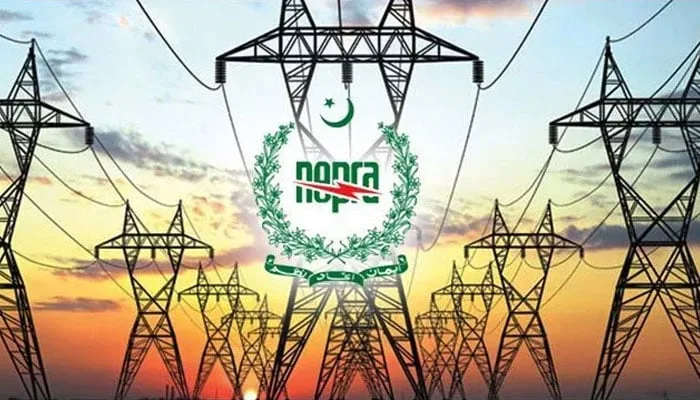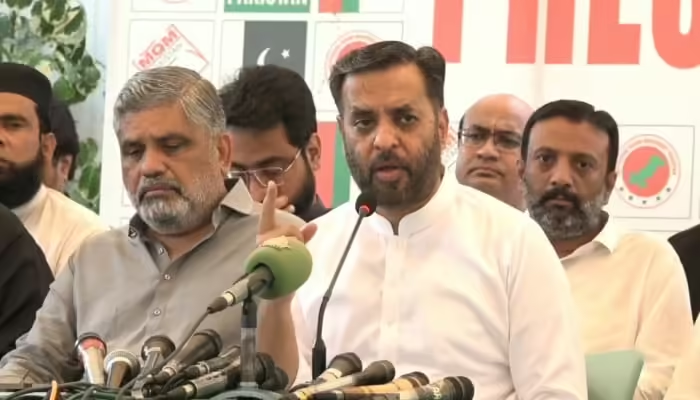The recent hearing conducted by the National Electric Power Regulatory Authority (NEPRA) shed light on critical issues plaguing Pakistan’s energy sector, including concerns over the closure of cheaper plants and the burden of expensive ones on consumers. NEPRA member Rafiq Ahmed Shaikh underscored the adverse effects of this imbalance on consumers, urging for a more balanced approach to plant operations to alleviate the burden on consumers.
One of the key issues discussed during the hearing was the petition for an electricity price hike, with NEPRA considering an increase of Rs 2.94 per unit. The authority emphasized the importance of reviewing data and consulting with stakeholders before issuing a decision on the March Fuel Cost Adjustment (FCA) increase. NEPRA assured that the decision regarding the price increase would be communicated through a formal notification.
The impact of the CPPA application, totaling over Rs 22.08 billion, was also a focal point of the discussion. CPPA officials revealed that in March, a significant volume of electricity, amounting to 7.070 billion units, was sold. This substantial sale volume contributed to an adjustment of over Rs 7.60 billion in the current increase, further highlighting the financial implications of electricity pricing decisions.
During the hearing, officials from the Power Division provided insights into the country’s electricity demand dynamics. They noted a 7.5% overall decrease in electricity demand in March, attributing it to various factors, including solar energy usage. Despite the increase in solar energy adoption, challenges arise in balancing the electricity load, particularly during periods of peak demand after sunset.
Member Rafiq Ahmed Shaikh voiced concerns over the operational strategies of power plants, highlighting the closure of cheaper plants in favor of more expensive ones. He emphasized the need for transparency in plant operations and urged for a shift towards utilizing cheaper plants to mitigate the financial burden on consumers. Shaikh emphasized that prioritizing the operation of cheaper plants is imperative to reduce the adverse impact on consumers and ensure affordability and accessibility of electricity.
The discussion underscored the complex interplay between operational decisions, pricing mechanisms, and consumer welfare within the energy sector. The challenge lies in striking a delicate balance between meeting energy demand, ensuring affordability, and promoting sustainability. NEPRA’s role as a regulatory authority is pivotal in navigating these complexities and safeguarding the interests of both consumers and stakeholders.
Moving forward, it is essential for policymakers and industry stakeholders to collaborate effectively to address systemic challenges and implement sustainable solutions. This includes optimizing plant operations, diversifying energy sources, and enhancing regulatory mechanisms to promote transparency and accountability within the energy sector.
The NEPRA hearing highlighted the urgent need for a comprehensive and balanced approach to address the challenges facing Pakistan’s energy sector. By fostering collaboration and innovation, stakeholders can work towards ensuring a reliable, affordable, and sustainable energy supply that meets the needs of consumers while driving economic growth and development.



